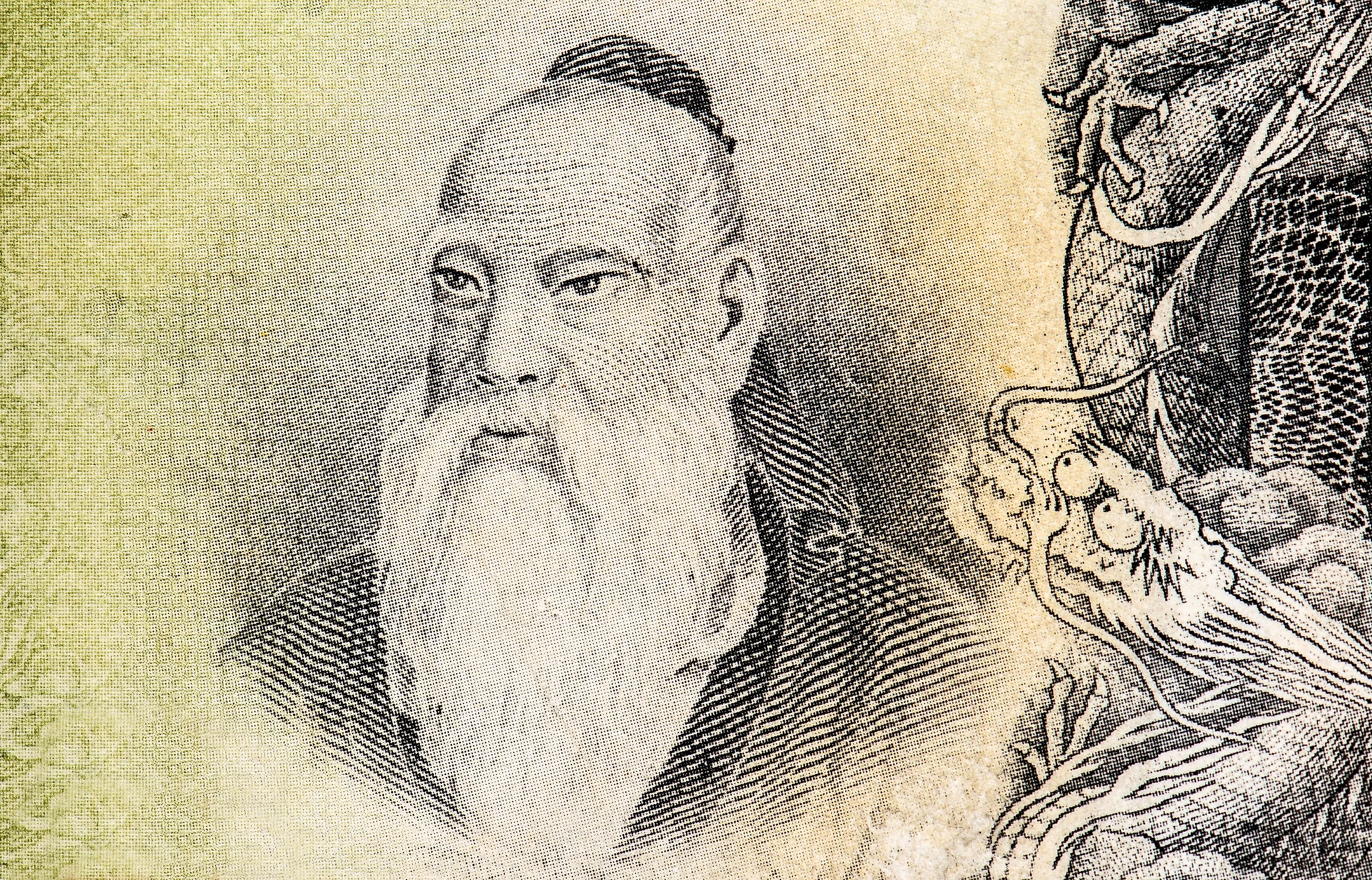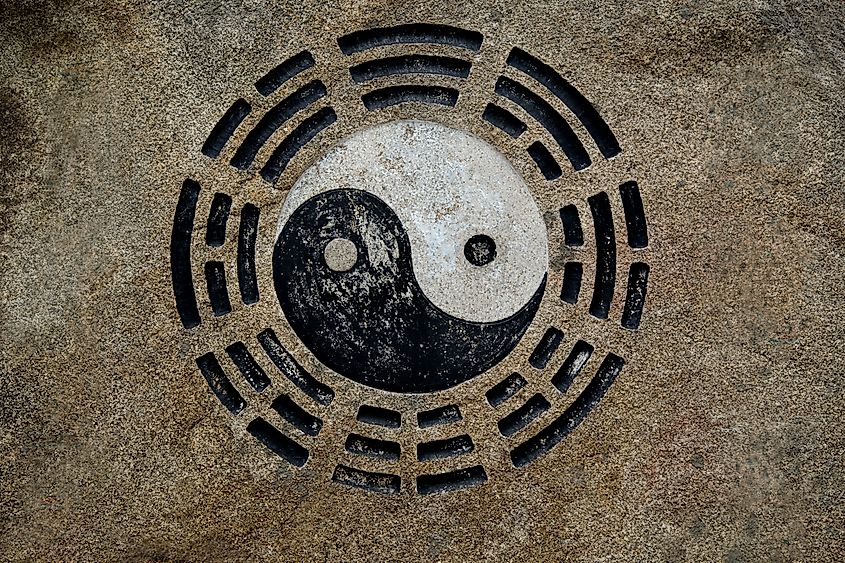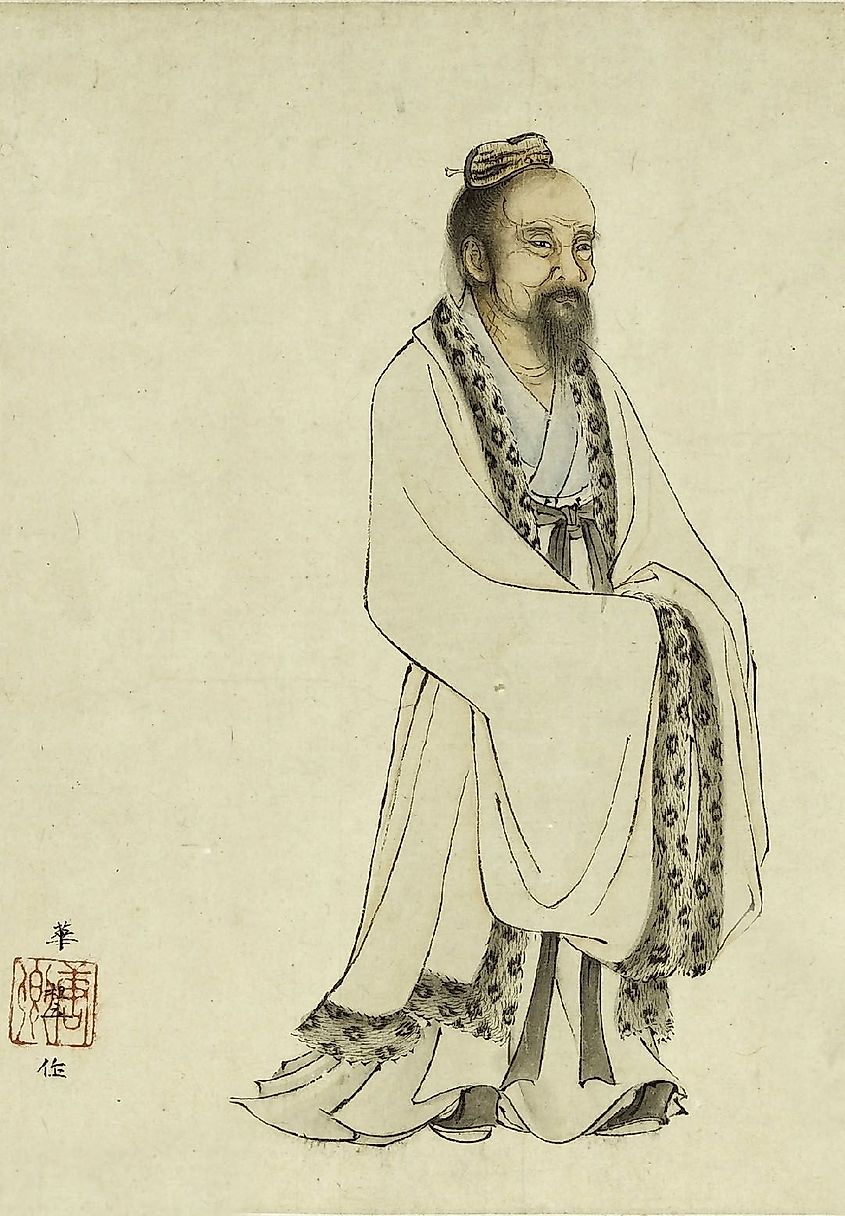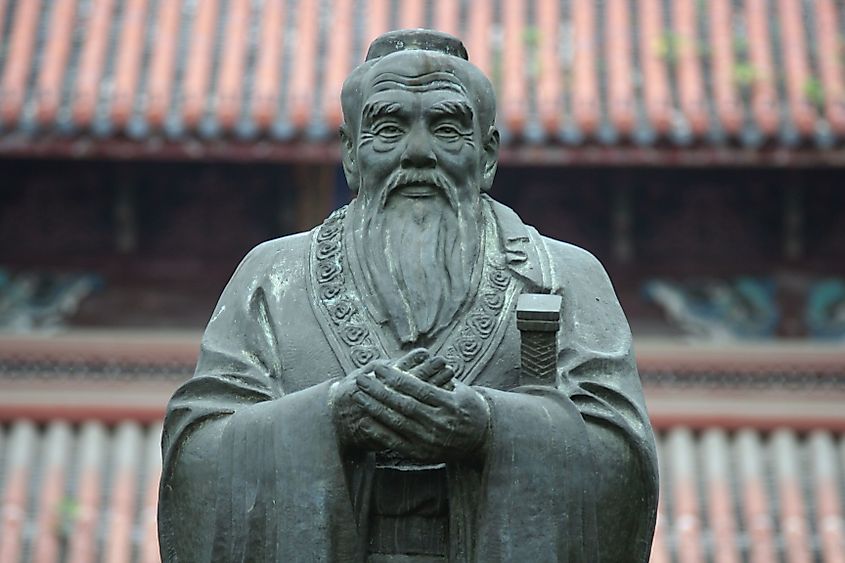
The Cure For Grief According To Eastern Philosophy
When we experience a loss, grief is a natural response. Usually, loss is something people are not given enough time to deal with. Family, friends, teachers, and our boss, all might expect us to get over our grief quickly. There is often little guidance about how to deal with grief. Many people see grief as an inconvenience to get over, instead of an important part of our lives.
This perspective isn't useful for gaining peace of mind when we are grieving. Something that might help us in our time of despair is knowing that other people have been through similar experiences. Chinese philosophers wrote about grief centuries ago, and they have their own take on how to deal with it. Learning about their perspectives can help us through our grieving process.
Famous Chinese Philosophers of Emotion

To understand grief in Chinese philosophy, knowing how they view emotions is helpful. According to many European schools of philosophy, emotions are an inner experience separate from rational thinking. However, in Chinese philosophy, emotions aren't held in such a distinct category. Instead, the role of emotions goes into building someone's cognitive, moral, and psychological understanding of the world.
Two Chinese philosophers with influential ideas about emotions and grief were Zhuang Zhou and Confucius. Confucious is a well-known Chinese philosopher who was the first teacher in China to advocate for mass education. His philosophy focused on personal and governmental morality, justice, kindness, happiness, and sincerity. His students compiled his teachings into one book called The Analects of Confucius. Zhuang Zhou lived nearly a century after Confucious, in the fourth century BCE. He was a Taoist philosopher and wrote one of the most important works in Taoist philosophy, called Zhuangzi.
Eliminating Grief

Both philosophers have different ideas about death and the response to grief. According to Zhuang Zhou, our life view could make grief disappear entirely. This doesn't mean eliminating the emotion. Zhuang Zhou saw human life as a small part of the larger perspective of the world itself. When someone passes on, this is one of the changes in the constantly changing world. Death and birth are just phases of life.
Zhuang Zhou’s philosophy is best described in a story. Zhuang Zhou's friend Hiu Shi finds him singing joyfully and beating on a drum after the death of his wife. His friend is naturally shocked at the behavior he deems inappropriate for grief. However, he isn't indifferent to his wife's passing. He explains to his friend that he did initially feel grief. When he realized someone's life and death were minuscule in the grand scheme of things, he was able to move past his grief.
Grief For The Community

Confucius had a completely different approach to grief than Zhuang Zhou. He saw grief as a natural and necessary part of life. How someone grieved, Confucius believed, even showed someone's character. In this view, grieving shows commitment to those who passed on. Confucius recommended a three-year mourning period after the death of a parent. During this time, life should seem bleak. This, to Confucius, showed that the person truly cared for the deceased person.
The Confucian response to grief shows how important others are to Confucius's philosophy. Those around us play a significant role in our development as a person. People aren't entirely detached individuals in Confucianism. Instead, they are representative of particular communities. When people talk about who they are, they usually mention attributes of themselves that are from their surrounding community. Since separating an individual from the community is impossible, Confucius believed we must honor this special connection in grief. While the grieving period of three years might seem excessive, this shows respect for the person who died. It is also a promise of commitment to their way of life.
Developing Your Understanding of Grief
While Confucious and Zhuang Zhou had nearly opposite perspectives on grief, both their philosophies are helpful. Zhuang Zhou's perspective of the universe cured his grief. His philosophy teaches us the importance of looking at the bigger picture when we cannot move on.
Confucian philosophy allows us to see the value in our communities and see beyond ourselves. Viewing ourselves as part of a community, we can grieve out of respect and focus on how the other person influenced us and others. Both these philosophies offer a balanced view of grief.
Learning about grief from philosophers is helpful but not a cure. At the end of the day, grief is a natural, normal emotion to feel when we deal with loss. It is up to us to decide how we want to deal with grief and what we believe is best. Both Zhuang Zhou and Confucius give us different ideas to consider about grief. By considering both perspectives, we can develop a deeper appreciation for grief while understanding our place in the world.











